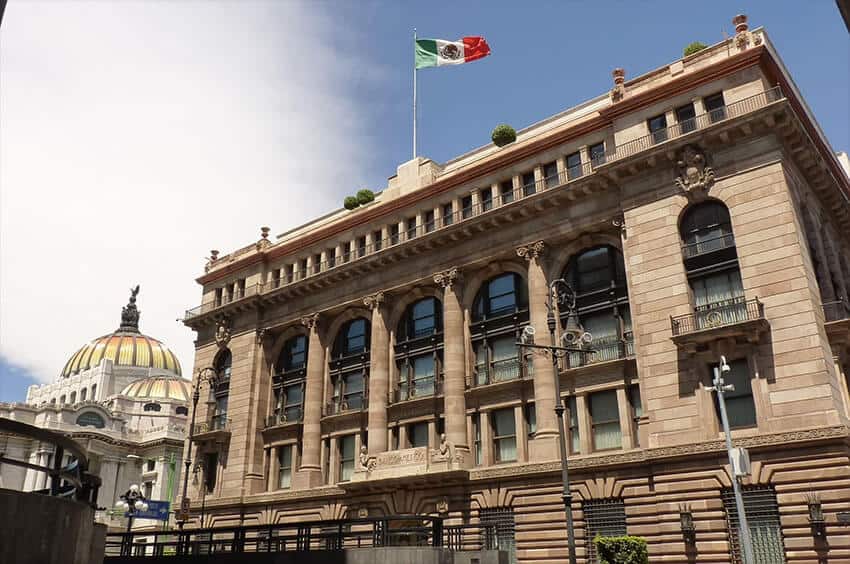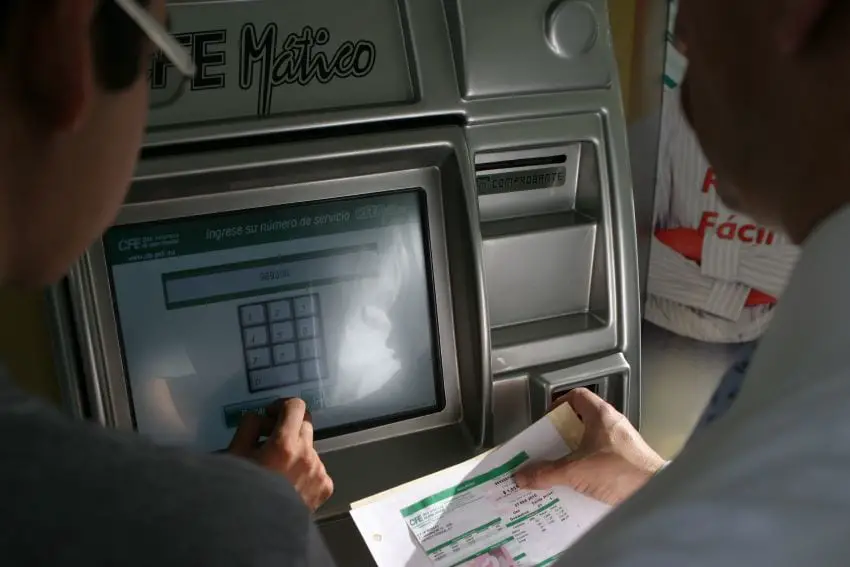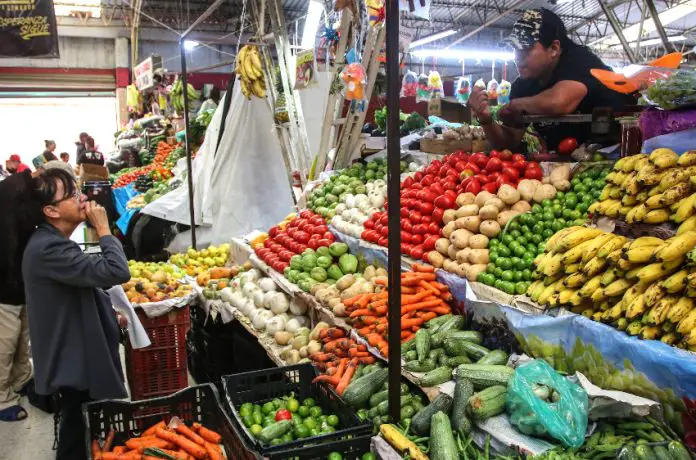Mexico’s annual headline inflation rate increased for a fifth consecutive month in July to reach its highest level in more than a year.
The national statistics agency INEGI reported Thursday that the annual headline rate was 5.57% in July, up from 4.98% in June.
The reading is slightly higher than the 5.53% median estimate of economists surveyed by Bloomberg.
The last time headline inflation was higher was in May 2023, when the rate was 5.84%.
INEGI said that month-over-month inflation was 1.05%, the highest increase for July since 1996 and the highest increase for any month since November 2021.
In better news, the closely-watched annual core inflation rate, which excludes volatile food and energy prices, declined for an 18th consecutive month to reach 4.05% in July, down from 4.13% in June. That rate was just above the 4.02% median estimate of economists surveyed by Bloomberg.

The higher-than-expected increase in consumer prices in July further reduces the probability that Bank of Mexico (Banxico) board members will vote to cut the central bank’s benchmark interest rate at their monetary policy meeting later on Thursday.
The key rate is currently set at 11%, just below the record high 11.25% rate that was in effect between March 2023 and March 2024. The decision to cut rates in March came after annual headline inflation declined to 4.40% in February.
Banxico targets a 3% annual inflation inflation rate, with tolerance for one percentage point in both directions.
The consensus forecast among more than 30 banks, brokerages and research organizations recently surveyed by Citibanamex is that the central bank will make its second interest rate cut this year after its board’s meeting on Sept. 26.
Fruit and vegetable prices continue to fuel inflation
INEGI data shows that fruit and vegetables were 23.55% more expensive in July than in the same month a year earlier. Inflation for those products rose almost four percentage points from a 19.73% reading in June.
Drought followed by widespread heavy rain in June affected crops — and prices in markets and supermarkets.
The rise in the cost of fruit and vegetables was the driving factor in the 13.72% annual increase in prices for agricultural products. Prices for meat — the other component in the category — were 5.36% higher in June than the same month last year.

INEGI also reported that energy prices, including those for electricity and gasoline, increased 7.31% annually in July. Services were 5.22% more expensive than a year earlier, prices for processed food, beverages and tobacco rose 4.03% and the cost of non-food goods increased 1.95%.
Mexican peso strengthens on Thursday morning
The Mexican peso appreciated against the US dollar on Thursday morning after the publication of the latest inflation data.
It was trading at 19.09 to the greenback shortly before 10 a.m. Mexico City time, an appreciation of 1% compared to its closing position on Wednesday.
The peso benefited for an extended period from the broad gap between the Bank of Mexico’s key interest rate and that of the United States Federal Reserve, currently set at a 5.25%-5.5% range.
However, the peso depreciated to above 20 to the US dollar late Sunday as fears of a recession in the United States upended markets around the world, and Japanese investors cut bullish bets on the Mexico peso against the yen after the Bank of Japan raised its key interest rate on July 31.
With reports from El Financiero, El Economista and Bloomberg
